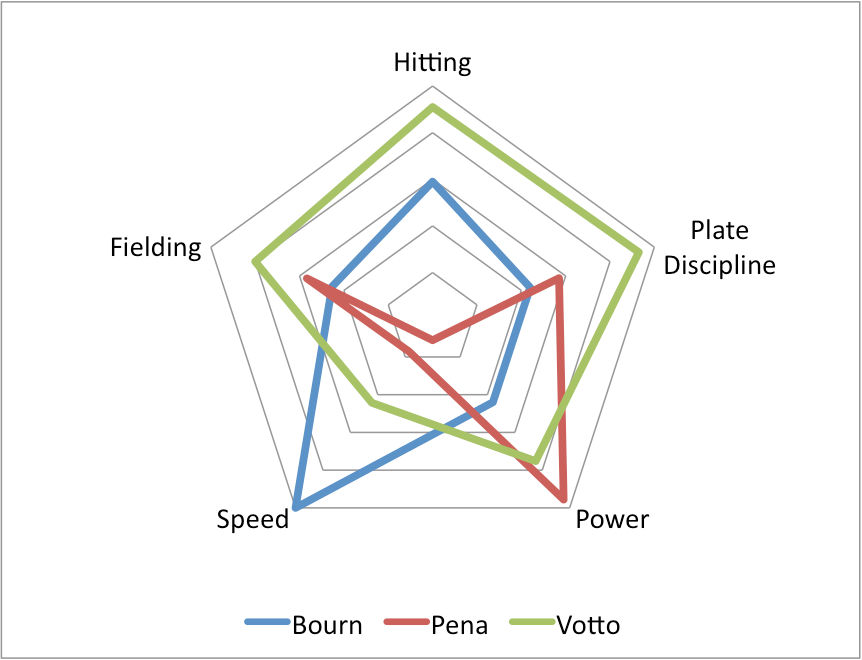I Am So Done with Dungeon Crawls
plus plugs
First off,
As an addendum to the data-based navel gazing of a fortnight ago, I just sold a story! “The Green Flare” was originally written for a Jules Verne anniversary anthology, and then rejected, and then re-rejected 12 more times over the next three years, before the fine folks at Oddity Prodigy Productions in Delaware picked it up for their upcoming Kickstarter anthology of utopian stories called Bright Mirror.
And then this new new thing popped up in my feed. I’m looking for international SF because of SpecFic Fandom, the prospective Rotary Fellowship. We have to have 25 members from 5 different countries before we can apply for recognition from Rotary International.
As a small boost to both those projects, I include a link to The Sample, an automated newsletter referral service.
If you have international SF connections, leave a comment, or push this button.
I don’t have a pun here
There was a point in the early 90s where I played a lot of Telengard on my friend’s Commodore 64, which even then was considered retro. It had a tape drive where the characters were stored. From the Wikipedia entry:
Telengard is a 1982 role-playing dungeon crawler video game developed by Daniel Lawrence and published by Avalon Hill. The player explores a dungeon, fights monsters with magic, and avoids traps in real-time without any set mission other than surviving.
It was definitely fun, when I was by myself “house-sitting” for said friend over Christmas break one year, when I didn’t go home for the holiday at all. But we still made fun of the repetition in the game’s descriptions.

You can try it out for yourself on MyAbandonWare.com.
As I’ve mentioned before, I started with 2nd edition D&D, which de-emphasized the miniatures elements for a more theater of the mind style of play, which fit right in with the Waldenbooks Way that the game was being mainstreamed along with reams and reams of cookie-cutter fantasy fiction, some of it based on those very games.

The Old School movement has brought those wargame elements back.
Yesterday I learned that Dungeons & Dragons started as a spy module supplement to the miniatures-based wargames that Gygax and friends were already playing. According to Bill Fawcett, the owners of two armies preparing to battle would sit in two separate rooms with a runner going back and forth. Each “general” would send a spy or a team of spies into the other’s castle. That’s where the obsession with blind mapping came from; it started as a player-vs-player mechanic, a way of extending and complexifying the preliminaries.
Some people really love the idea of spending six hours watching someone copy a map from one piece of graph paper to another piece of graph paper, or X-ing off boxes on a turn tracker. I do not.
Don’t get me wrong. Resource management games can be fun, but for me that is not the point of tabletop role-playing. I’m after interesting narratives. Resource management can certainly play into that, as in Delicious in Dungeon (which I just re-watched, again1), but there it’s in the background unless the author decides to make narrative use of it, mostly for comedic purposes. In the manga, the recipes all have stats, using the same pentagon style that Stat’s Cradle uses for baseball, but labeled for vitamins, or fat, or whatever.
Tall Man’s Burden (aka Personality Encumbrance)

Most modern video games track that stuff behind the scenes until it becomes relevant, and then the player gets a notification. As described in that same post from July, linked above, LitRPG is an entire sub-genre devoted to the experience of grinding your way up through an online game. With one important caveat . . .
If I can extrapolate the whole LitRPG scene from Survival Quest, I'll say this: it's the most perfect depiction I've ever seen of what I truly want from an MMO, and what I'll never have. The fiction here isn't the grand fantasy environment and plot, it's the idea of a game where I'm always leveling faster than I thought I could, meeting challenges I think I can't beat and then beating them, finding hidden quests and talking to never-before-seen NPCs. Survival Quest is a fantasy about having a hyper-immersive MMO, with a multi-billion dollar budget, played by millions of people all around the globe, being all about me.
Ah, dungeon dudes. Narcissus in Dungeon.

Ironically, Rick Barton, the author of one of the more popular mega-dungeons out there, doesn’t really run his own games as pure dungeon crawls. Like me, most of the current playtest group doesn’t care about mapping and inventories. As a good GM, he’s flexible enough to adapt to the needs of the table. We finesse a lot of that. We have tons of house rules. The newest campaign is a big quest narrative.
Let me know if you’d like me to arrange a Q&A or something.
Keep reading with a 7-day free trial
Subscribe to Doctor Eclectic to keep reading this post and get 7 days of free access to the full post archives.


